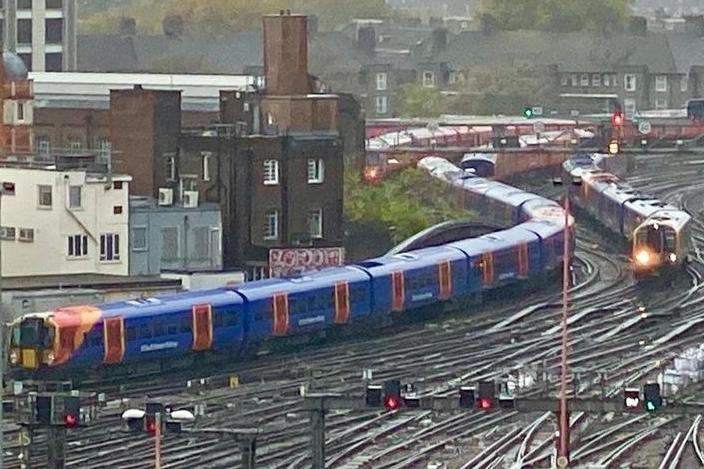Ticket prices: Rail fares to rise 2.7% in 2020
Some passengers on the West Coast main line will pay more than £1 per mile next year

As millions of rail passengers prepare to face strikes that will continue until the end of this year, train operators have revealed fares will rise well above the consumer price index in 2020.
The Independent has calculated that some passengers will pay more than £1 per mile.
Train fares will rise on average by 2.7 per cent from 2 January next year. That is 0.1 per cent below the retail price index (RPI) in July 2019, to which “regulated fares” are normally pegged. But it is nearly twice the latest consumer price index (CPI), which in October was 1.5 per cent.
Between London and Manchester, the Anytime one-way fare will rise by £5 to £180. Services will be operated by Avanti, which is taking over from Virgin Trains on the West Coast main line
On the same day, Avanti’s Anytime fare from Watford Junction to Rugby is set to increase to £65.20. That takes the price per mile above £1 per mile.
Commuters from the transport secretary’s constituency will pay an extra £83 a year to get to work in London from the start of 2020.
An annual season ticket to the capital from Welwyn Garden City, which Grant Shapps represents, will rise from £3,016 to £3,097.
On South Western Railway (SWR), commuters will pay £90 more for an annual season ticket from Woking to London Waterloo – the busiest station in Britain. The fare rises to £3,438.
The increase takes effect almost as soon as a one-month strike by members of the RMT union employed by SWR ends. They are stopping work on almost every day in December in a dispute over the role of guards.
A Cardiff-London off-peak return, currently £81.30, increases by £2.20. Between Bristol and Newcastle, a £162.95 return will rise to £167.35.
The Rail Delivery Group (RDG), representing train operators, says it is the third year in a row that train companies have held the average change across all fares below the July RPI measure of inflation.
Paul Plummer, the RDG’s chief executive, said: “Passengers will benefit from 1,000 extra, improved train carriages and over 1,000 extra weekly services in 2020.
“The industry will continue to push for changes to fares regulations to enable a better range of affordable, mix-and-match fares and reduced overcrowding on some of the busiest routes.”
The chief executive of the Campaign for Better Transport, Darren Shirley, said: “January’s above-inflation [CPI] fare rise will no doubt leave passengers dismayed after years of appalling service.
“With little relief in sight for many from delays, cancellations and overcrowding it will be an inauspicious start to the new year for the railway.”
The rise was announced as members of the RMT union working for West Midlands Railway begin their latest Saturday strike.
Staff are stopping work on the network, centred on Birmingham, in a parallel dispute over the role of guards. They will strike every Saturday until the end of the year.
Join our commenting forum
Join thought-provoking conversations, follow other Independent readers and see their replies
Comments